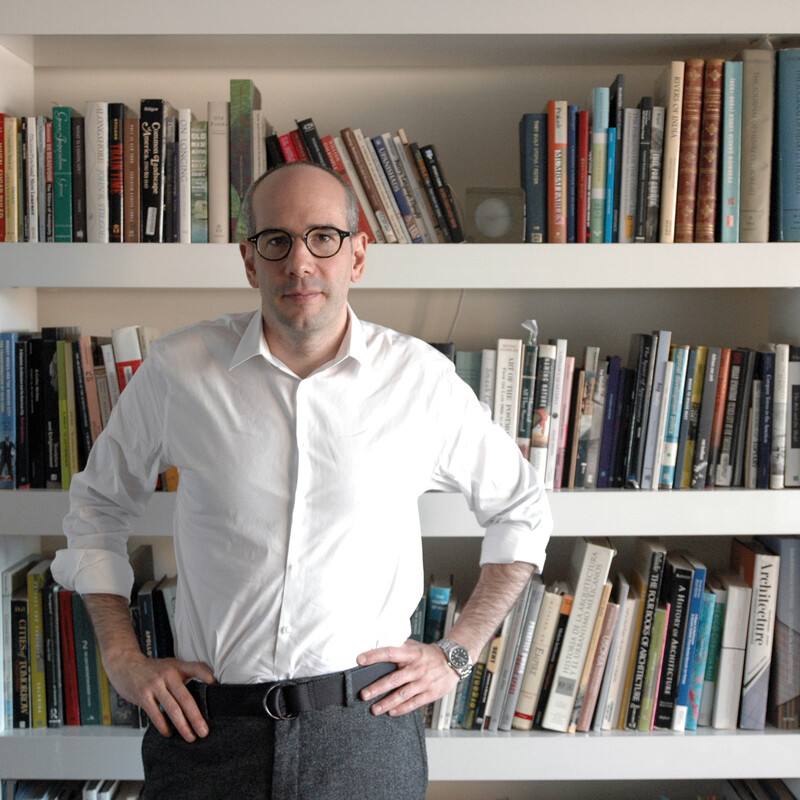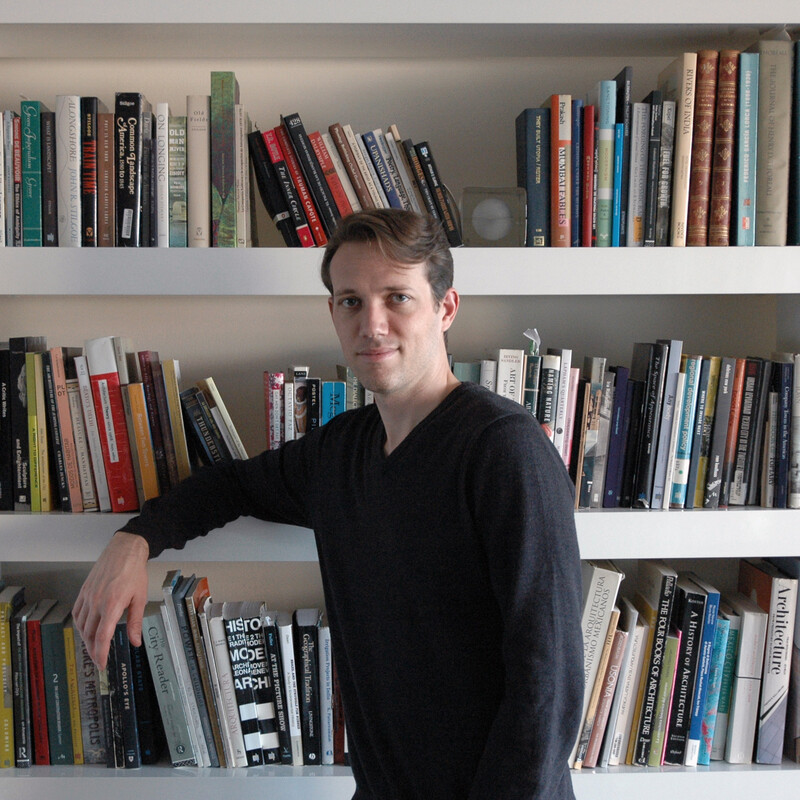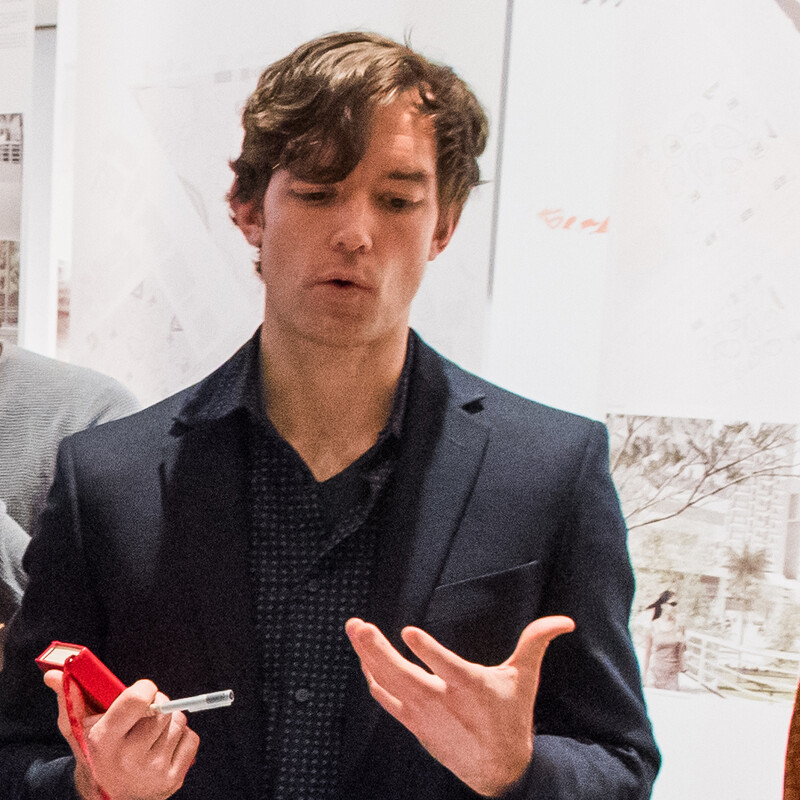New York, NY 10010
Somatic Collaborative is a research based full-service design practice, which works at the intersection of architecture, landscape, and urbanism. We engage a diverse set of spatial contexts and design conditions. Cutting across multiple scales—from interior furnishings to open territories—Somatic uses the architectural commission, design competitions, and diverse forms of applied research to develop unique forms and spaces.
Somatic has developed design projects and consultancies with the public and private sector in multiple cities and regions across the globe, including Mexico City, New Orleans, Quito, Sao Paulo, Rio de Janeiro, and Seoul among many others.
- Gretel NYC
- Grupo Austral
- Inter American Development Bank (IDB)
- Landinvest
- Self Sustaining Urban Development Fund (SSUD)
- Universidad Regiomontana
- Vida para Quito
Haddad Foundation
- David Rockefeller Center for Latin American Studies
- Ford Foundation
- Graham Foundation for Advanced Studies in the Fine Arts
- Ingenieros Civiles Asociados (ICA)
- Harvard University
- J. William Fulbright Fellowship
- Landinvest
- Metro de Quito
- National Science Foundation
- Princeton University

Felipe Correa
felipec@somatic-collaborative.com
Felipe Correa is a founder and managing Partner of Somatic Collaborative. Through Somatic Collaborative, Correa has directed a wide range of applied research and design projects in the Americas, Asia and Europe. Correa’s work focuses on the design and transformation of cities and urban areas. From the conceptualization of urban regeneration projects to the planning of new city extensions, Correa’s work sits at the intersection of design, policy, and economic development.
He is the author of multiple books including “Beyond the City: Resource Extraction Urbanism in South America (University of Texas Press, 2016), “Mexico City: Between Geometry and Geography “(Applied Research and Design Publishing, 2015) and “A Line in the Andes” (Applied Research and Design Publishing 2014) which won first prize at the Pan American Architecture Biennale. His most recent book, “Sao Paulo: A Graphic Biography” a bilingual edition that traces the history of the city’s urban form was released in 2018 by the University of Texas Press. His forthcoming book focuses on the Amazon River Basin and the evolution of urban form.
In addition, he has lectured and exhibited at many universities and conferences, including Cornell University, Columbia University, Tulane University, University of Pennsylvania, Pontificia Universidad Catolica del Ecuador, The National Arts Club, and the Pan-American Architecture Biennale, among others. His work, research, and writings have been published in journals, including Architectural Design, Architectural Record, Harvard Design Magazine Topos and Volume.
He is currently the Vincent and Eleanor Shea Professor at the University of Virginia (UVA), where he served as chair of the Department of Architecture from 2018-2022. Prior to joining UVA, Correa was Associate Professor and Director of the Urban Design Degree Program at the Harvard University Graduate School of Design (GSD).
Correa received his Bachelor of Architecture degree from Tulane University, and his Master of Architecture in Urban Design from the GSD.

Anthony Acciavatti
anthonya@somatic-collaborative.com
Anthony Acciavatti is a founding partner of Somatic Collaborative. Trained as an architect, historian, and geographer, Acciavatti has worked in North America, Asia, and Europe.
His book, Ganges Water Machine: Designing New India’s Ancient River (awarded the 2016 John Brinckerhoff Jackson Book Prize), is a dynamic atlas of the Ganges River basin—the first such comprehensive atlas in half a century—based on a decade of fieldwork and archival research begun as a Fulbright Fellow in 2005. His account of irrigation, geography, population, and climate is the basis of a traveling exhibition that has appeared in museums and biennials in India, Italy, Holland, Ecuador, and South Korea.
Acciavatti’s work has been supported by grants and fellowships from the National Science Foundation, the Graham Foundation for Advanced Studies in the Fine Arts, Princeton University, Yale University, and his work on the Ganges by a J. William Fulbright Fellowship as well as grants and fellowships from the Ford Foundation and Harvard University.
Acciavatti is a founding editor of Manifest: A Journal of American Architecture and Urbanism. His work has been published in The New York Times, Cabinet, Architectural Design, Topos, The Indian Express, and Bracket among others.
He is the Diana Balmori Assistant Professor at the Yale School of Architecture. Prior to joining Yale he taught at Columbia and Princeton universities as well as the Rhode Island School of Design.

Devin Dobrowolski
devind@somatic-collaborative.com
Devin Dobrowolski is Director of Applied Research Projects at Somatic, working across scales from small fabrication projects to large scale visualization.
He is a trained architect and landscape architect whose work encompasses cartographic research, material supply chains, and advanced fabrication techniques. He is currently an Assistant Professor at the University of Virginia School of Architecture where his teaching and research focuses on the aesthetic, spatial, and material conventions that inform current landscape and architectural practices.
Dobrowolski has contributed to several published research and design projects with Somatic Collaborative since 2015 including, most recently, “São Paulo: A Graphic Biography”, which was named the winner of the AIGA + Design Observer 50 Books | 50 Covers for 2018. He is currently leading a team to develop content for the 2019 Chicago Architecture Biennial and the 2019 Seoul Biennale of Architecture and Urbanism. In addition to his work with Somatic Collaborative, he has worked for Barkow Leibinger Architekten in Berlin, Germany and collaborated with Stan Allen Architect.
Dobrowolski holds a Master of Architecture from Princeton University, a Master of Landscape Architecture (with distinction) from the Graduate School of Design at Harvard University, and a Master of Fine Arts from Maine College of Art.